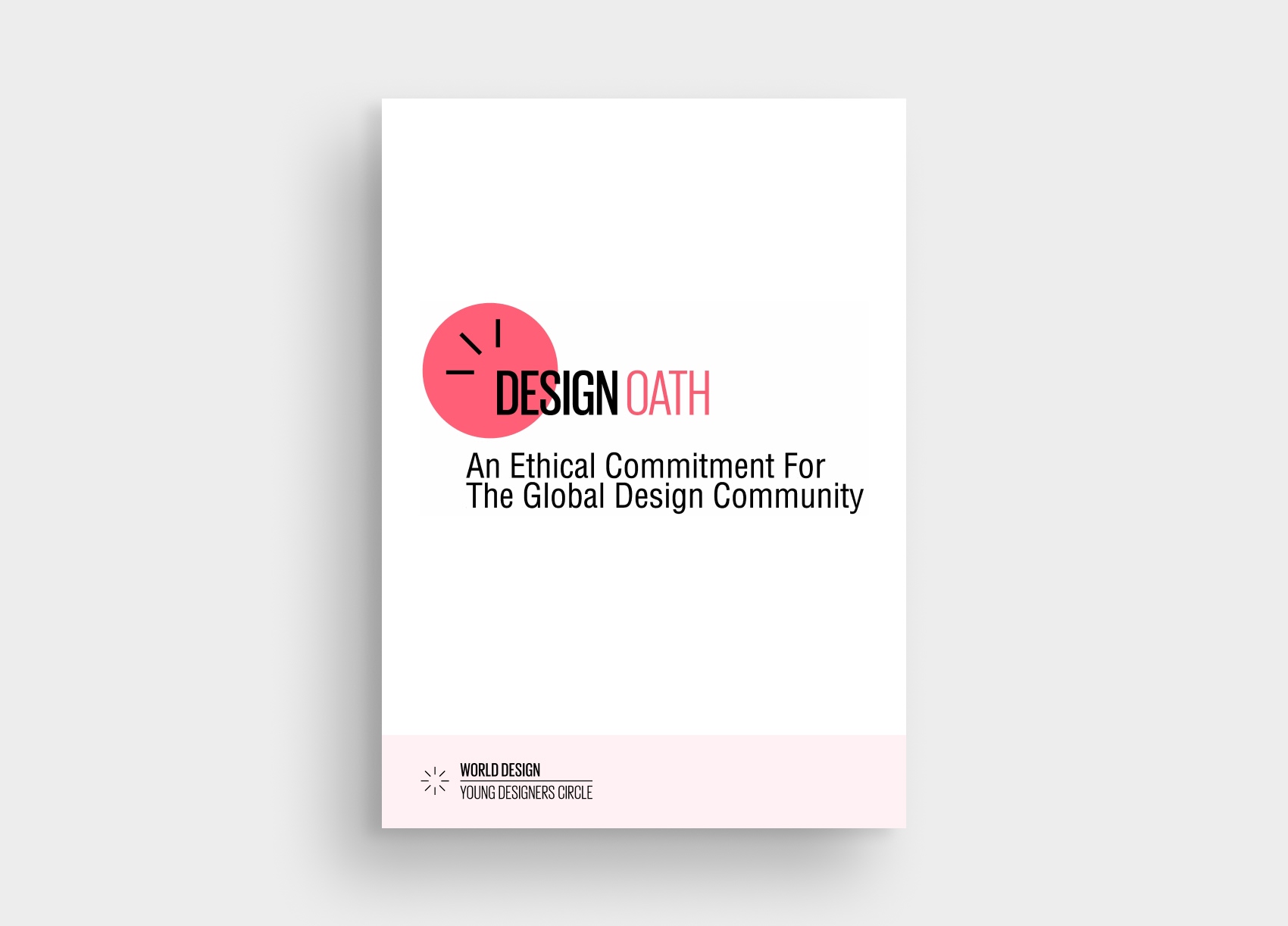The YDC Design Oath is a global ethics initiative led by members of WDO’s 2023-2025 Young Designers Circle (YDC). This project aims to establish a practical and measurable ethical framework for the design profession, one that strengthens integrity, accountability, and social responsibility across diverse global contexts.
Recognizing the growing need for an international statement on ethics in design, the YDC convened from around the world to examine how values shape contemporary design practice. Early research, dialogue and a series of virtual workshops with WDO’s global community revealed that while many existing frameworks raise awareness, they often remain theoretical and lack tools for practical application or impact measurement.
In response, the YDC committed to creating a tangible, action-oriented tool: a design ethics resource that enables designers to map their work against a set of clearly defined ethical principles. This tool is intended to spark meaningful dialogue, promote ethical decision-making and empower designers to lead change within their communities and institutions.
A reflection of their work to date, the YDC has identified 9 potential principles that will form the basis of their design oath. These principles were explored as part of a series of virtual workshops hosted by the YDC in March 2025, which gathered designers from across the globe. Based on the feedback received during the workshops, the YDC design oath will be further developed and presented to the design community later this year.


